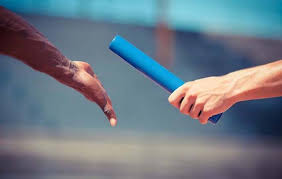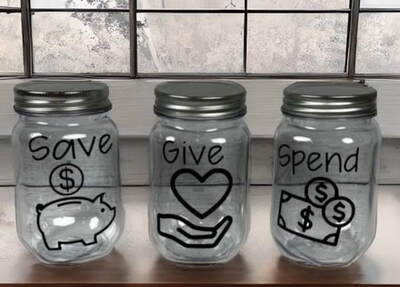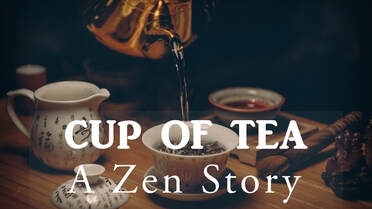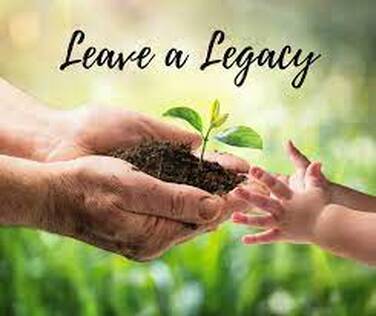On our journey in life, the most profound thing that we can offer others--
partners, children, parents, friends, co-workers, bosses, neighbors--
is our own healing and growth towards being a more loving person.
partners, children, parents, friends, co-workers, bosses, neighbors--
is our own healing and growth towards being a more loving person.
|











